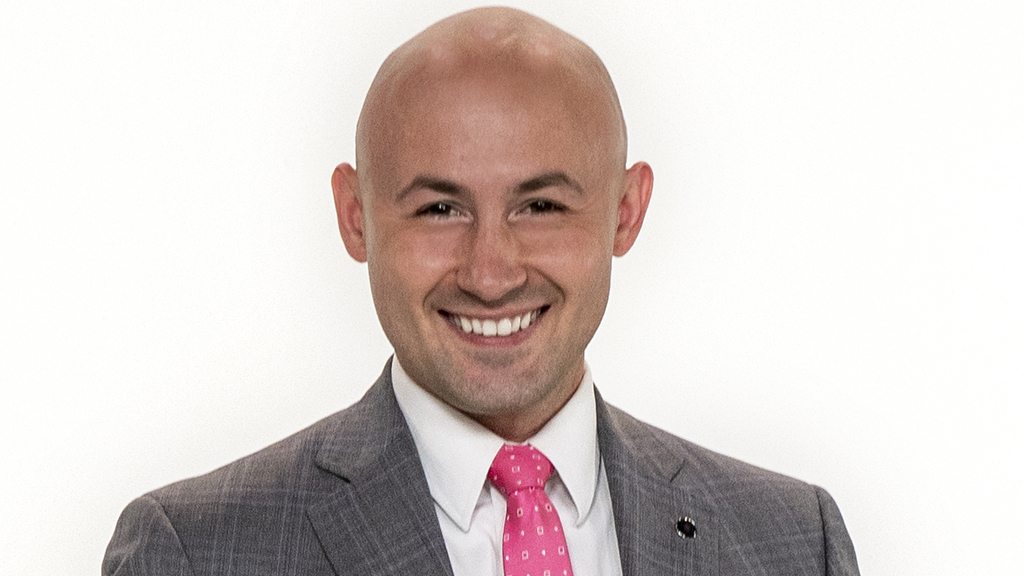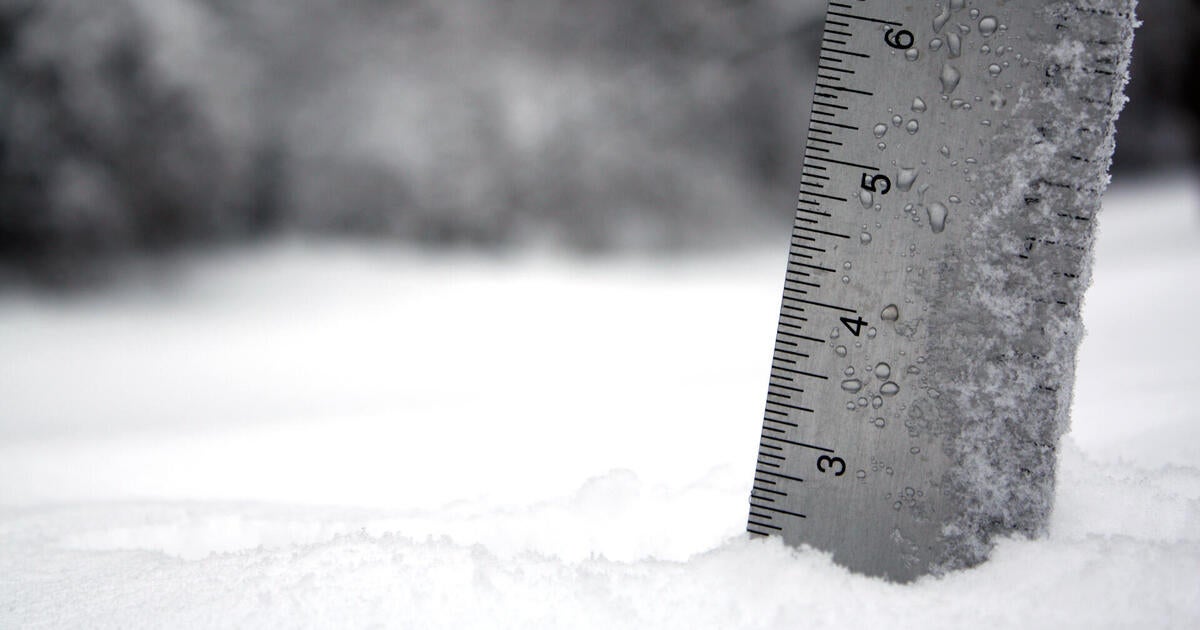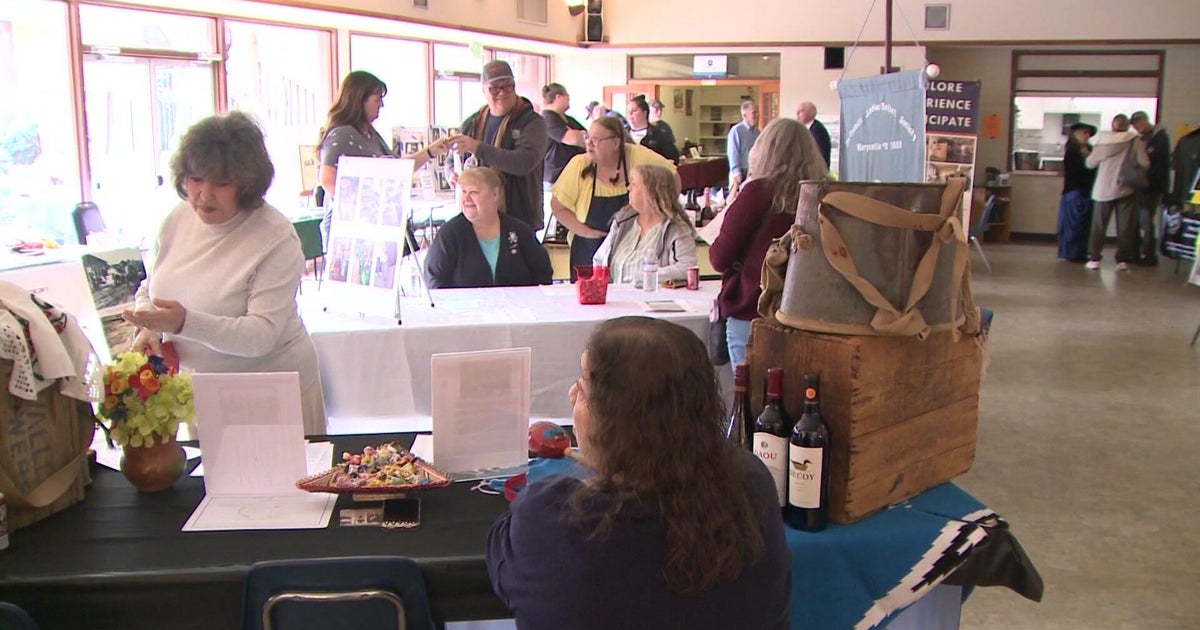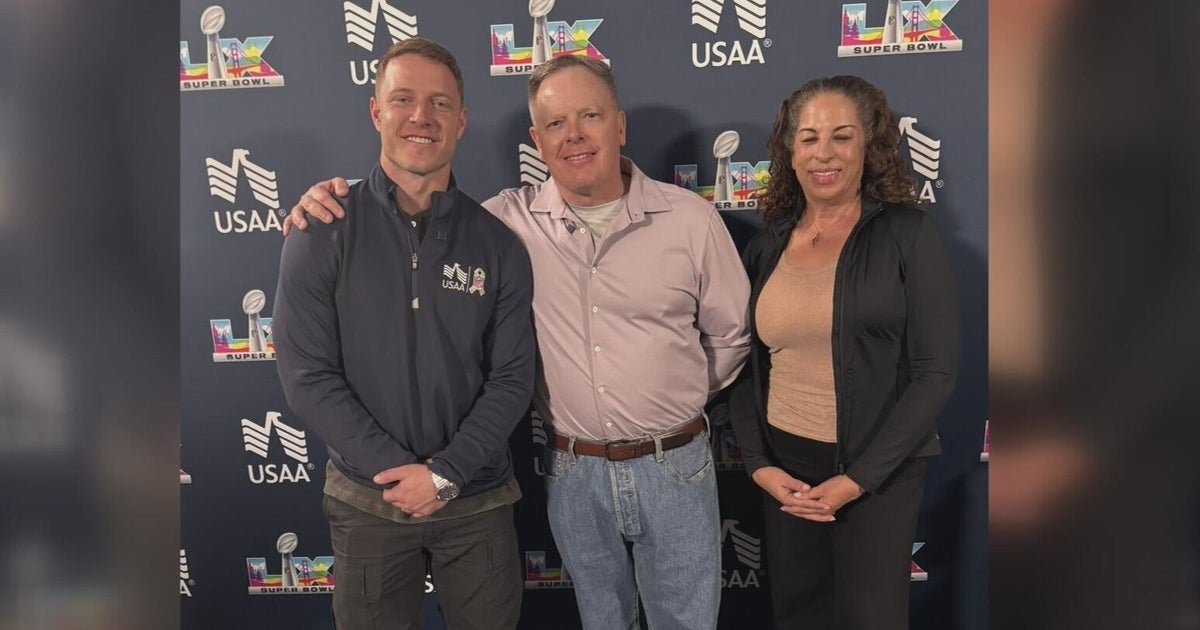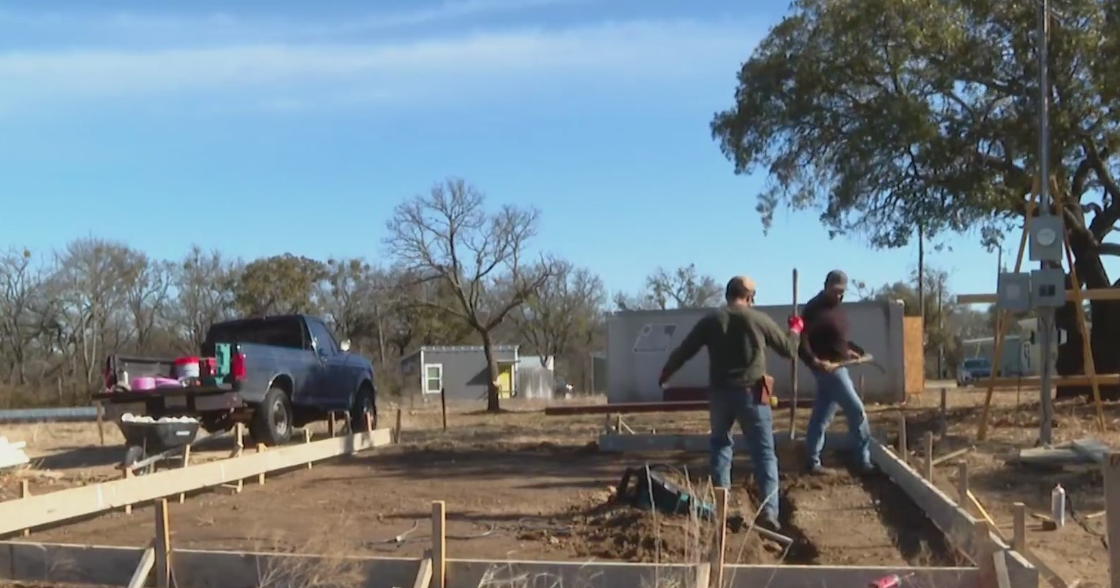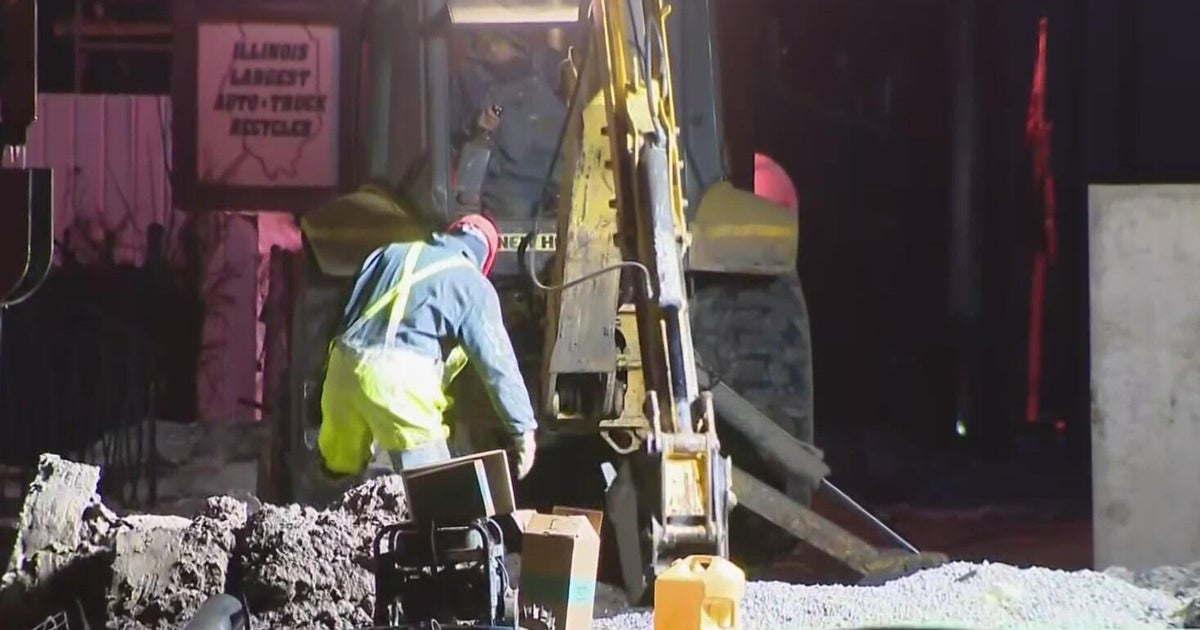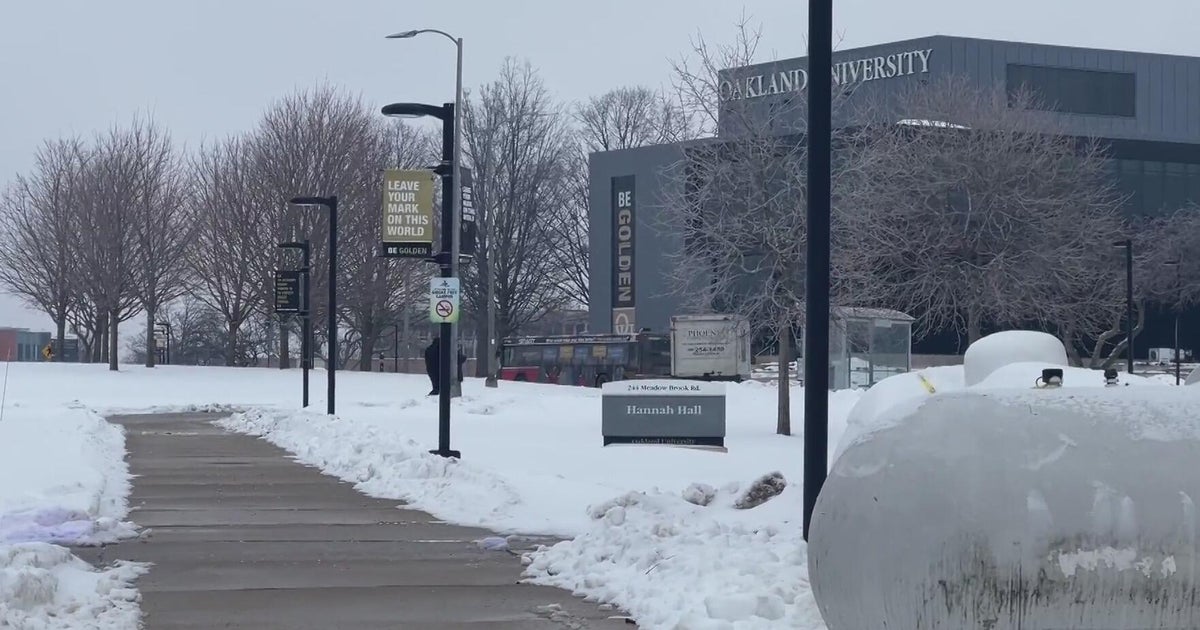The total solar eclipse can now be enjoyed by the blind thanks to this device
BOSTON - The countdown has begun to the Great American Eclipse, now just 30 days away! And Harvard University's Center for Astrophysics has come up with a way to make the eclipse more accessible for everyone to enjoy.
Allyson Bieryla of Harvard's Center for Astrophysics came up with the idea for a device called LightSound alongside her colleague Wanda Diaz Merced.
"We developed this idea to make solar eclipses more accessible to the blind and low vision community. Making an event and feeling like you're part of it and not separate from it," said Bieryla.
As a blind astrophysicist, Diaz Merced has long been a proponent of this type of sonification technology. Over Zoom, Diaz Merced told WBZ TV, "I did experiments when you use audio, it increases sensitivity to events that otherwise by nature are blind to the professional astronomer."
The way LightSound works is fairly simple. There is an onboard sensor that translates light, or lack of light like during an eclipse, to a specific tone or sound. This opens up the visual field of astronomy to a whole different population.
"We get such good feedback and stories, like I went to an event and this was there. Or I had one and gave it to my mom who is blind," said Bieryla.
In order to hit their goal of 750 devices built prior to next month's eclipse, Bieryla and her team have been hosting student workshops, both here in Massachusetts and in Texas, along the path of totality. In fact, in a workshop held last weekend in Austin, students built an incredible 250 devices!
"As an educator, that's your role to empower and educate the youth, to bring up and give them the tools and resources to success," said Bieryla. "This, in many ways, is meant to be a stepping stone to bring them into STEM."
So whether it's through these workshops or the eclipse itself, the future is a bit brighter and the stars are within reach for a community who may have never thought that was possible.
"The sky is the limit, really," said Bieryla.
If you'd like to build your own LightSound device, head to the Center for Astrophyics website.
